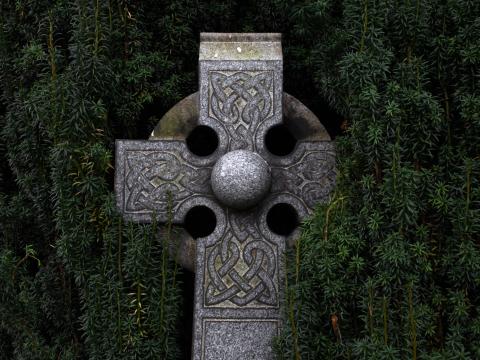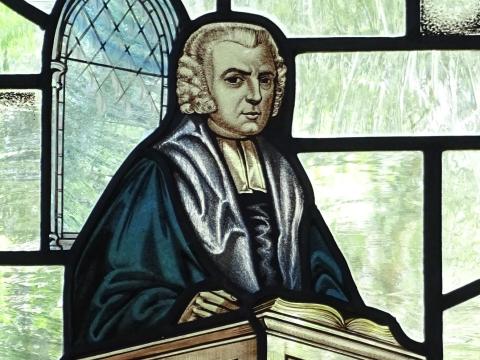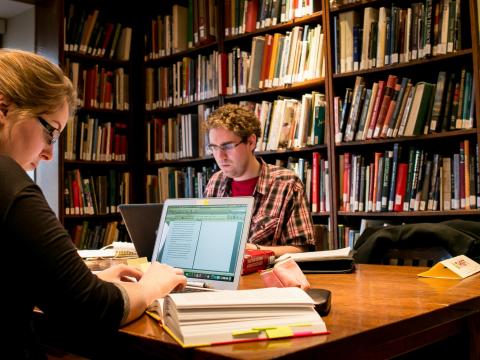Seeking an Ethic of Engagement
I recall as an undergraduate being asked to read H. Richard Niebuhr’s Christ and Culture (1951).Niebuhr had set out five options of how one should understand this relationship, with “Christ versus culture” and “Christ in culture” as the two opposite extremes, the former representing a critical approach to culture from a distance, the latter an all-inclusive one.
Read more










